Chronos, Kairos and Aion are the three deities of time, events and epic destinies. Here is the multi-religious and multicultural calendar!
Find us on our website Mythology and Legend, on Facebook and on instagram !

The schedule in brief from D-2 to D+5
- June 1, 2024, : Gawai Dayak
- June 8, 2024: Primoz Trubar
The complete interactive calendar
Holidays of the month
| Mymonday | Killtuesday | Wednesdaywednesday | ThuThursday | Frifriday | Satsaturday | Sunsunday |
|---|---|---|---|---|---|---|
27May 27, 2024 | 28May 28, 2024 | 29May 29, 2024 |
30May 30, 2024●(1 event) KaamatanMay 30, 2024  Today the Kadazan-Dusuns of Malaysia celebrate Kaamatan. The Harvest Festival falls under what is known as Momolianism. There is a dance show called Sumazau, a singing contest called Sugandoi, a bodybuilding contest, and other arts and crafts shows. #mythology #myth #legend #calendar #May 30 #Kaamatan #Maya | 31May 31, 2024 |
1June 1, 2024●(1 event) Gawai DayakJune 1, 2024  Today, the Dayak people of Malaysia and Indonesia celebrate Gawai Dayak. Many religious, family and community rites take place over two days. #mythology #myth #legend #June 1 #dayak | 2June 2, 2024 |
3June 3, 2024 | 4June 4, 2024 | 5June 5, 2024 | 6June 6, 2024 | 7June 7, 2024 |
8June 8, 2024●(1 event) Primoz TrubarJune 8, 2024  Today, Slovenians commemorate the birth of Primož Trubar. He reformed Slovenia and contributed to the rise of Slovenian culture in the Holy Germanic Empire. #mythology #myth #legend #calendar #8June #primoztrubar #Slovenia | 9June 9, 2024 |
10June 10, 2024●(1 event) Double Five PartyJune 10, 2024  Today in China and Malaysia is the Dragon Boat Festival, also known as the Double 5 (the 5th of the 5th lunar month). It commemorates the poet Qu Yan who committed suicide by drowning in the Miluo, for his country. Boat races in the shape of dragons take place on this day. #mythology #myth #legend #calendar #doublefive #QuYuan |
11June 11, 2024●(1 event) Kamehameha –  Today, Hawaiians commemorate Kamehameha I. He was the first to conquer and rule the Hawaiian Islands. His grandson, Kamehameha V, erected a statue in his honor and made June 11 a national holiday. #mythology #myth #legend #calendar #June 11 #Kamehameha #Hawaii | 12June 12, 2024 | 13June 13, 2024 | 14June 14, 2024 |
15June 15, 2024●(1 event) Barsha UtsabJune 15, 2024 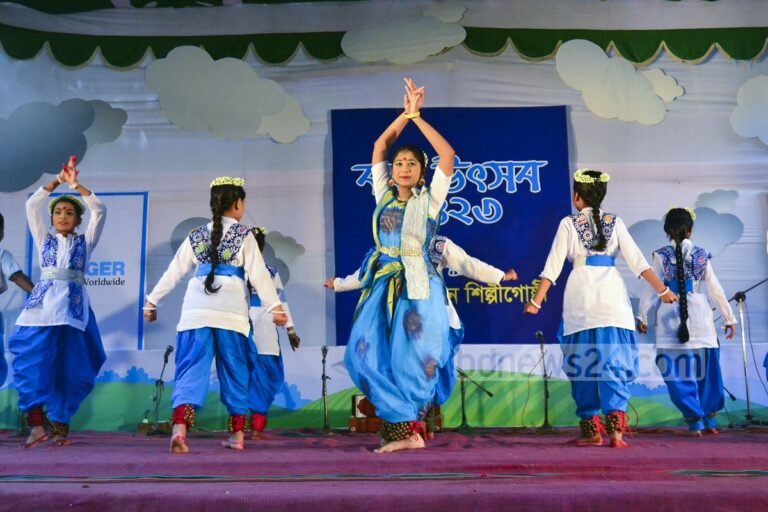 Today, Bengalis celebrate Barsha Utsab. This cultural festival marks the start of the monsoon season. #mythology #myth #legend #calendar #June 15 #bengladesh #barshautsab | 16June 16, 2024 |
17June 17, 2024●(1 event) Sanno MatsuriJune 17, 2024 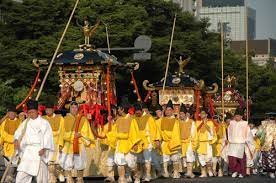 Today, the Japanese celebrate the Sannō matsuri. Every two years, the Shinkosai parade animates the Chiyoda district of Tokyo. #mythology #myth #legend #calendar #June #tokyo #sannomatsuri | 18June 18, 2024 | 19June 19, 2024 | 20June 20, 2024 |
21June 21, 2024●●(2 events) KupalaJune 21, 2024  Today, Slavic peoples celebrate Kupala night. This festival celebrates fire, water, the Sun and Moon, the harvest, fertility, joy and love. Its origin is linked to the cult of Kupala. #mythology #myth #legend #calendar #kupala #IvanKupala #June 21 Yhyakh – 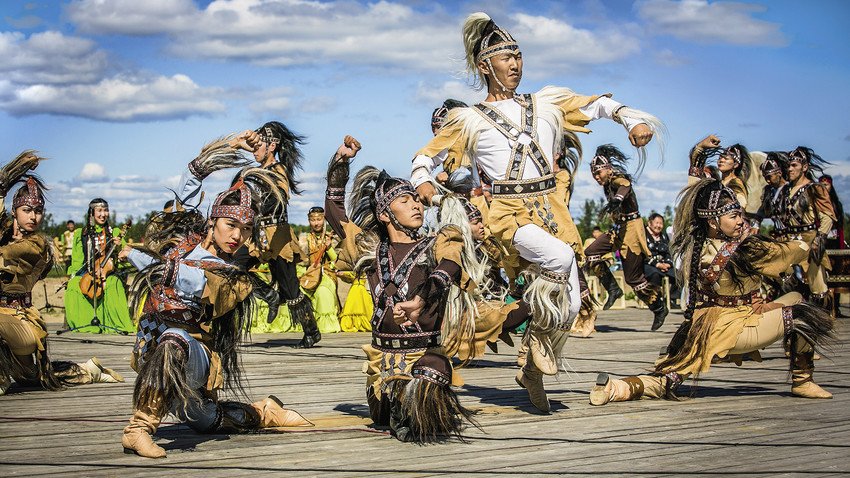 Today, the Yakuts and Dolgans peoples (Turkic peoples of the Sakha Republic in Russia) celebrate the new year, Yhyakh. Winter temperatures sometimes reach −60°C, while summer is very short, lasting only three months. The festival of Yhyakh (which literally means “abundance”) is linked to the worship of a solar deity, with a cult of fertility. #mythology #myth #legend #calendar #June 21 #Yakut #Dolgan #Yhyakh | 22June 22, 2024 |
23June 23, 2024●●(2 events) JāņiJune 23, 2024 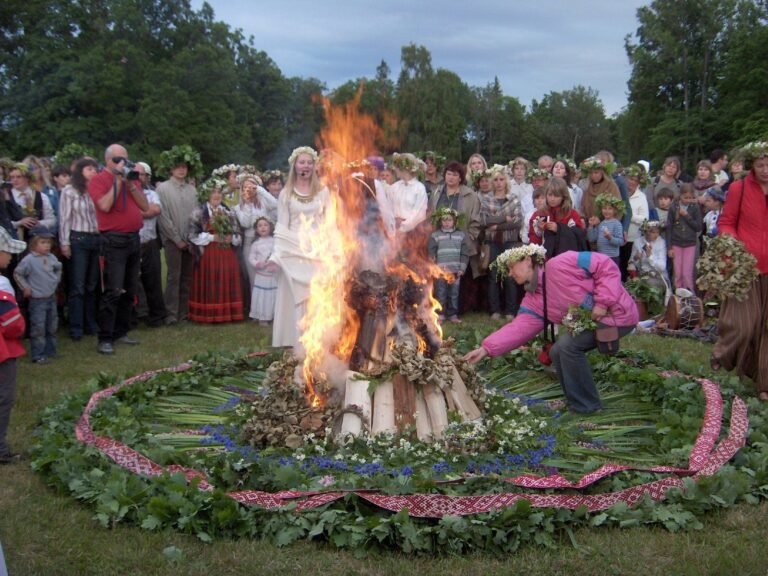 Today, Latvians celebrate Jāņi shortly after the June solstice. This is an opportunity to wear traditional clothing; create flower crowns, sing and dance. #mythology #myth #legend #calendar #June 23 #Jani Saya –  Today, the Turkic peoples of the Tengri and Altai religion celebrate Saya Khan, the sun god. The blessing of this god brings fertility and abundance. The traditions are close to neighboring peoples, who celebrate Yhyakh on June 21. #mythology #myth #legend #calendar #June 23 #Saya #Tengri #Altai |
24June 24, 2024●●(2 events) Saint Jonah – 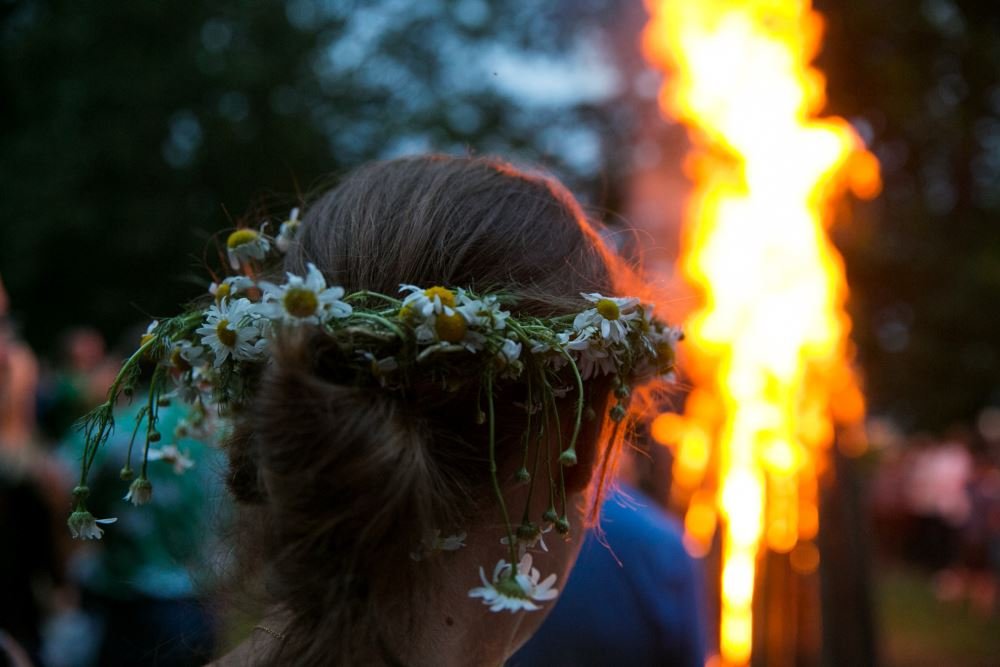 Today, Lithuanians celebrate Saint Jonah, known by the pre-Christian name Rasos, Joninės, or Kupolė. Traditions include singing songs and dancing until sunset, telling stories, searching for the magic fern flower at midnight, jumping over bonfires, greeting the rising midsummer sun, and bathing. their faces with morning dew, young girls float crowns of flowers on the water of lakes or rivers. #mythology #myth #legend #calendar #June 24 #SaintJonas #Lithuania SanzianaJune 24, 2024  Today, Romanians celebrate Sânziene. The most beautiful women dress in white and make crowns of small yellow flowers. In the evening, dancing and singing take place around a large bonfire. #mythology #myth #legend #calendar #June 24 #sanziana #Roumania | 25June 25, 2024 | 26June 26, 2024 | 27June 27, 2024 |
28June 28, 2024●(1 event) Vidovdan –  Today, Serbs celebrate Vidovdan. This holiday is in honor of Saint Prince Lazar and the holy martyrs who fell in the Battle of Kosovo against the Ottoman Empire on June 15, 1389 (Julian calendar). This battle marks the invasion and submission of the Serbs by the Ottoman Empire. June 28 (Gregorian) is therefore a very important date in Serbian nationalism, and this day will be chosen for other great actions throughout History. #mythology #myth #legend #calendar #June 28 #Serbia #Vidovdan | 29June 29, 2024 |
30June 30, 2024●(1 event) Chha –  Today, some people of Bhutan celebrate Chha. Coming from the Bon religion, the inhabitants make offerings to the local gods for their blessing. #mythology #myth #legend #calendar #June 30 #Chha #Bhutan |
Multicultural and multi-religious almanac
An almanac is a calendar showing the main dates of the calendar, the religious holidays, bearing ephemerides such as the phases of the moon or the duration of the days (lunar and solar calendars).
A calendar is a system for marking dates according to time. Such a system was invented by men to divide and organize time over long periods. The observation of the periodic phenomena of the environment in which they lived — such as the daily movement of the shadow, the return of the seasons or the lunar cycle — served as the first references for organizing the agricultural, social and religious life of societies.
The calendar used today in most of the world is the Gregorian calendar. In everyday language, an ephemeris designates what happens daily; the ephemeris of the day is the list of the significant events of this day.